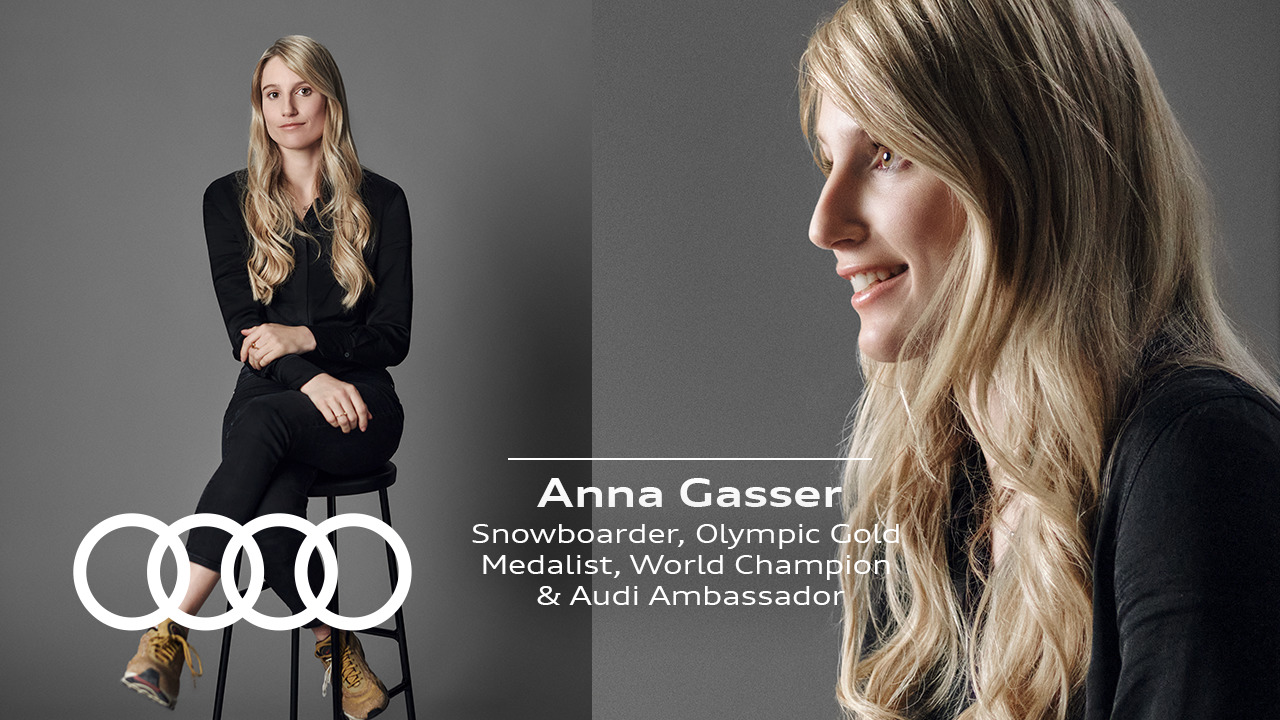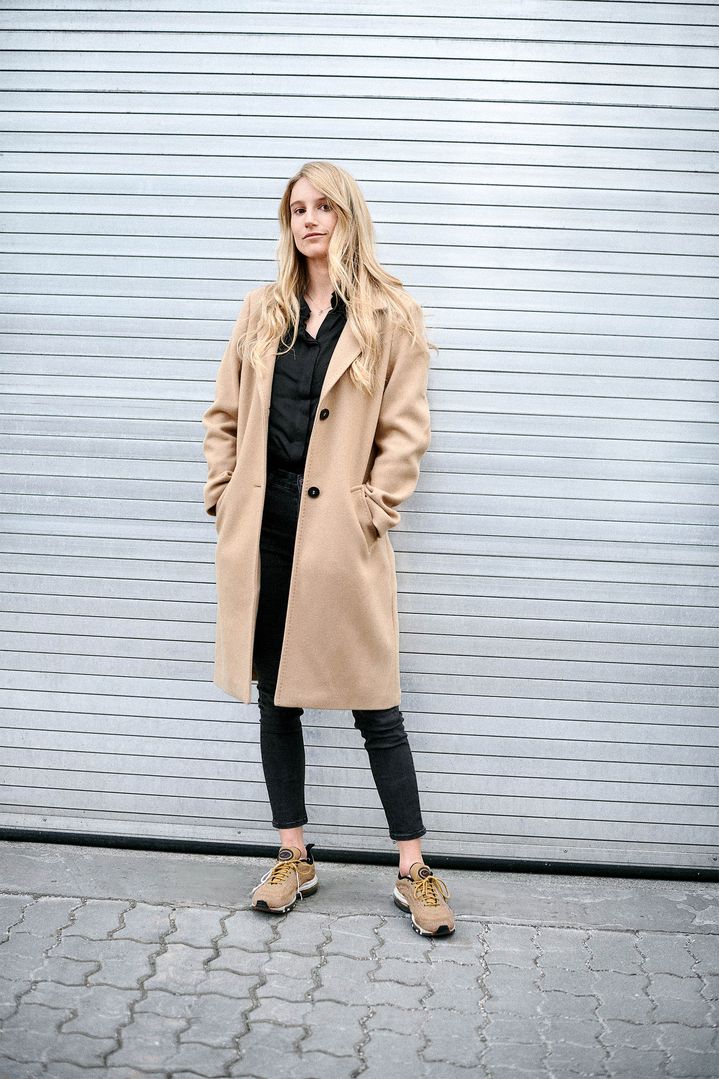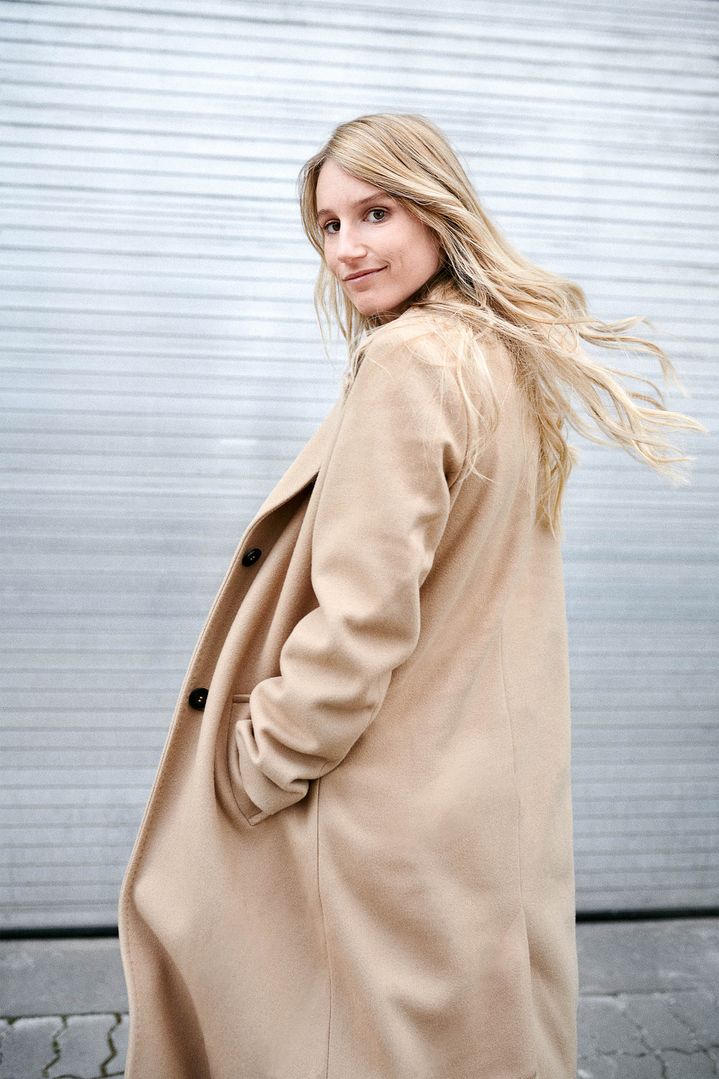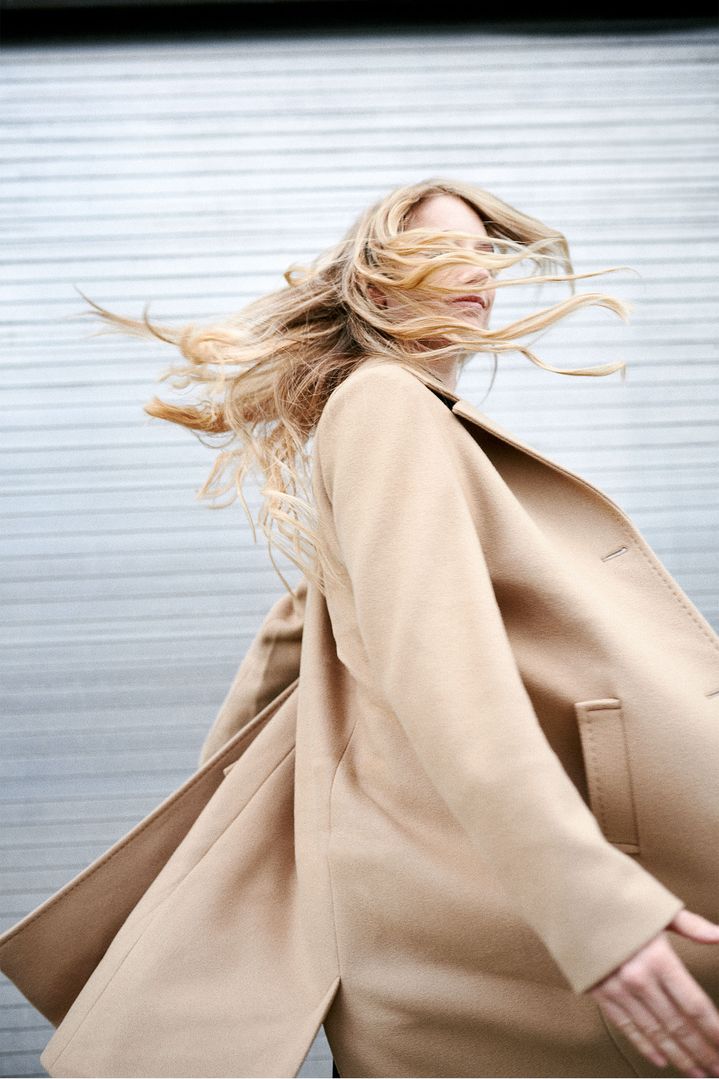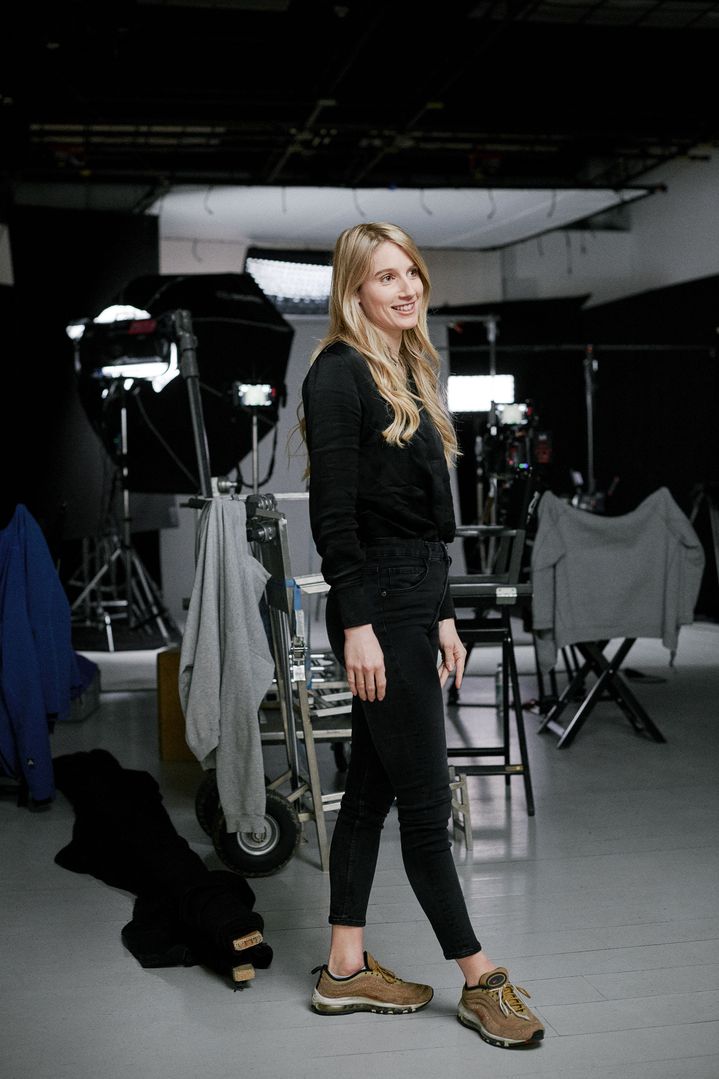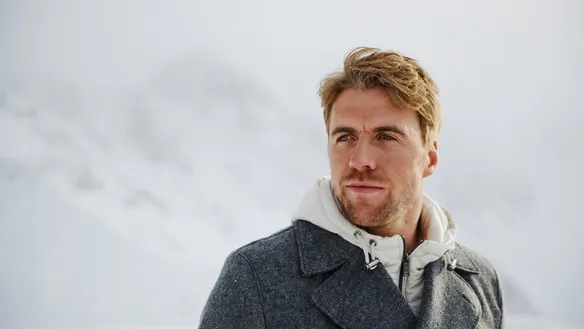No fear and no limits
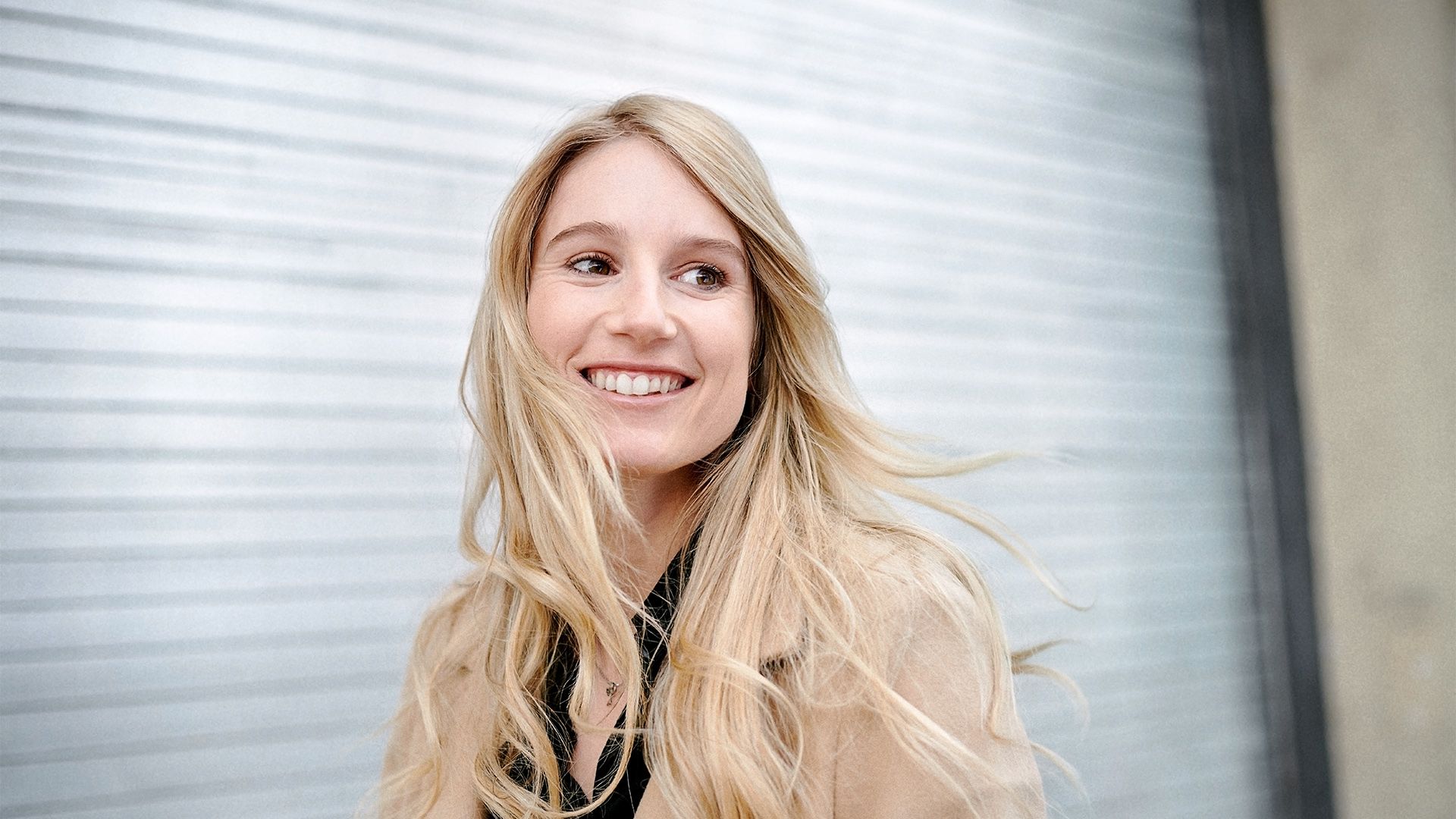
Anna Gasser only really discovered her passion for snowboarding at the age of 18. Ten years later, she has not only made a clean sweep at the Olympics and World Championships, but has twice been named Sportswoman of the Year at home in Austria and is the first woman ever to land some incredible tricks. We talk to her about courage, mental toughness and her unwavering drive to go one better.
Anna, you are famous for leaps that are so hair-raising they deserve to be called stunts. How do you develop new tricks?
A heck of a lot about snowboarding is a mind game. Before doing any trick, I run through it a hundred times in my mind. In fact, there are tricks I’ve been thinking about for four years now even though I haven’t yet performed them in the snow.
In other words, they play out in your mind’s eye?
Yes. Although, it’s actually more like I feel it. For instance, before I attempted my first double cork, I had already physically practiced the first part of the trick several times and had a basic feel for it. Then, I visualized the sequence and tried to feel what it would be like to go upside down a second time. I had watched the trick performed so many times, studying it from all angles … By the time I actually pulled it off, it already felt totally natural—not at all like this was only my first time.
You make it look as though having the courage to flip head over heels 20 meters above the ground comes naturally to you. How do you manage that?
I was pretty wild even as a kid and have always been very comfortable in the air, jumping off the ten-meter diving board when I was ten and stuff like that. Snowboarding was the same. It wasn’t long before I got bored with the little kickers. I wanted more—bigger jumps, greater progress. Bringing yourself to do something new and incredible is an awesome feeling. I just can’t get enough of those two or three seconds of airtime you get off a big kicker.
“
Bringing yourself to do something new is an awesome feeling.”
What exactly do you experience when doing a jump?
It’s as if the world stands still for a moment. Once I take off, I don’t hear or see anything anymore. I’m totally in the moment. It’s an almost indescribable feeling—like being in a tunnel that I only come out of when I land. That makes it something very special, so it’s also a bit addictive.
How important is intuition to you?
I follow my intuition a lot—whenever I do a jump and at most competitions. In fact, I even made a snap decision on instinct at the Olympics. Moments before my last jump, I went for something other than what I’d planned. Most of the time, going with my gut is the right choice. Injuries usually happen when I try to fight that feeling.
A commentator at one of your events once said of you, “She doesn’t see what’s actually there, she sees what could be.” Does that make sense to you?
Wow, that was a really nice thing to say. Strictly speaking, I’m not a great competitive rider because I always want to go all out to the best of my abilities. Tactically, though, that’s not always such a smart move. But I’m not satisfied if I’m holding back. That makes me a risky bet in competitions: I’ll often either end up in the top three or at the tail end of the field because I wanted to do something offbeat yet again.
Which of your wins means the most to you?
It was a competition right at the very beginning of my career when I won my first prize money. You have to remember that, back then, I started out in the sport without a coach and without association or federation backing. I was totally on my own and under extreme financial pressure. Everyone was telling me that I was too old to be breaking into the sport, I should forget about snowboarding and go to college instead. Winning that event and the prize money couldn’t have come at a more important time. The message for me was loud and clear—I can do this, I’m not quitting. Come to think of it, I didn’t actually win at all—I came third. But it was a podium finish in a competition with the best in the world.
You compete in slopestyle, which is a kind of obstacle course, and in big air, or freestyle ski jumping, so to speak. Which is the bigger adrenaline rush? And do you prefer one over the other?
It depends. I’m more nervous in slopestyle because you have to complete a long, complicated run flawlessly. On the other hand, in big air you attempt the difficult tricks more often, which is why my heart’s in my throat here, too. Not because it’s a competition, but because I want to show off something that I might never have pulled off before. But big air lets me focus on just one thing and I prefer that. A slopestyle win makes me especially happy though, because I haven’t been as successful in that as I have in big air.
You’ve already accomplished so much. How do you keep yourself motivated day in, day out?
For me, continual improvement is the most important thing. I don’t want to stand still, I want to keep moving forward. When I pull off something new, that’s a good day in my books.
So you haven’t reached your peak as an athlete yet?
No, and I don’t think you should let yourself think that way. If I felt I’d gone as far as I could, I would probably quit—at least competing at a professional level. Which is not to say I spend much time thinking about when that will be. It would just limit me.
But you have probably given some thought to what you’d like to do when snowboarding is no longer your primary career?
I just hope that, when the time comes, I find something I’m equally passionate about. At some point, I’d like to be a mother … at least, that’s the general idea. As far as my professional life goes, I can imagine myself doing something creative, along the lines of movies or photography. But standing behind the camera rather than in front of it.
“
I don’t want to stand still, I want to keep moving forward.”
You’re the first woman ever to land a number of insane jumps. Do these world firsts give you a different kind of thrill compared to winning a competition?
To be honest, the greatest moment in my career so far was not winning the Olympic medal but landing the triple cork. Simply because it had never been done before. Afterwards, people in the U.S. would come up to me and say, “Aren’t you the first woman to land a triple?”—despite the fact that I’d won Olympic gold at about the same time. Reaching such an important milestone and providing new momentum in the sport is more important to me than any title.
When do you reach your limits?
When I come up against things I have no control over, such as injuries—that literally puts the brakes on. For me personally, that’s probably the hardest part of this job. I’m not very good at having to sit on the sidelines and wait it out, watching others doing the thing I love. I’ve still got a lot to learn in that department.
Right from my childhood days when I wanted to climb the tallest trees, I’ve always been someone who likes to push the envelope. And it was no different with snowboarding. I hurled myself into pushing back my own boundaries—sometimes going too far too fast. And then something happens and everything grinds to a halt. Often, limits are all in your head anyway. And they get in the way of what you want to achieve. So, you shouldn’t think about them too much.
Do you push yourself harder compared to other people?
I think all athletes competing at Olympic level hold themselves to an incredibly high standard. Otherwise, they wouldn’t have got that far. But most likely, not everyone is motivated by the same things. To me, for instance, first places are not so important. My top priority is to keep outdoing myself.
A Story of Progress: Anna Gasser
